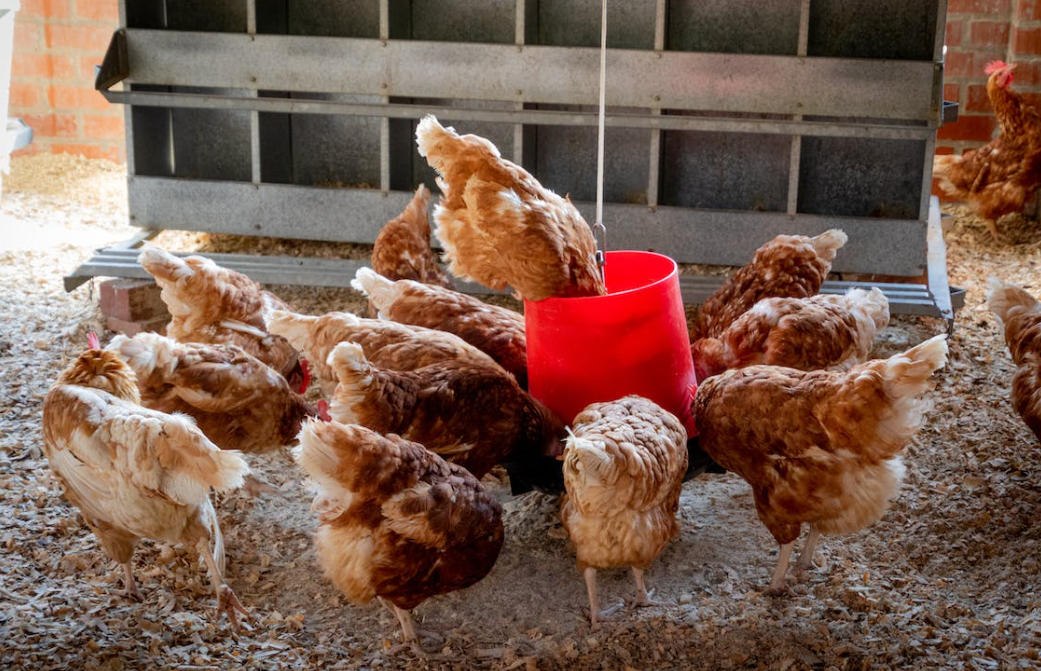A total of 50 million birds were culled in Europe between October 2021 and September 2022 because of avian influenza (bird flu) according to the latest report from the European Food Safety Authority (EFSA).
The authority said that “Europe has suffered the most devastating highly pathogenic avian influenza (HPAI) epidemic” in the period under review.
It detailed in its “Avian influenza overview September – December 2022” report that there had been a total of 2,520 outbreaks in poultry, 227 outbreaks in captive birds, and 3,867 “HPAI virus detections” in wild birds between October 2021 and September 2022.
“The unprecedent geographical extent – 37 European countries affected – resulted in 50 million birds culled in affected establishments,” EFSA stated.
Bird flu cases detected in Europe
More recently over the period September 10 to December, 2 it noted that 1,163 bird flu cases had been detected in 27 European countries in poultry (398), captive (151) and wild birds (613).
The authority also said that the rate of detection of the bird flu virus had fallen in colony-breeding seabirds species but that there had been an increase in the number of waterfowl detected with bird flu.
“The continuous circulation of the virus in the wild reservoir has led to the frequent introduction of the virus into poultry populations.
“It is suspected that waterfowl might be more involved than seabirds in the incursion of HPAI virus into poultry establishments.
“In the coming months, the increasing infection pressure on poultry establishments might increase the risk of incursions in poultry, with potential further spread, primarily in areas with high poultry densities,” the EFSA added.
It also provided further detail in its latest report on the different bird flu viruses which have been detected in Europe since September and said that three of these have been circulating in Europe during the summer months but eight were new genotypes.
The EFSA has said that the risk of human infection from the virus has been “assessed as low for the general population in Europe and low to medium for occupationally exposed people”.
Compulsory housing order in place
Meanwhile in Ireland the Department of Agriculture, Food and the Marine (DAFM) lifted the bird flu protection zone which had been in place in Co. Monaghan on December 13.
It also confirmed the removal of the bird flu surveillance zone from December 22.
According to DAFM a compulsory housing order remains in place for poultry and captive birds.
